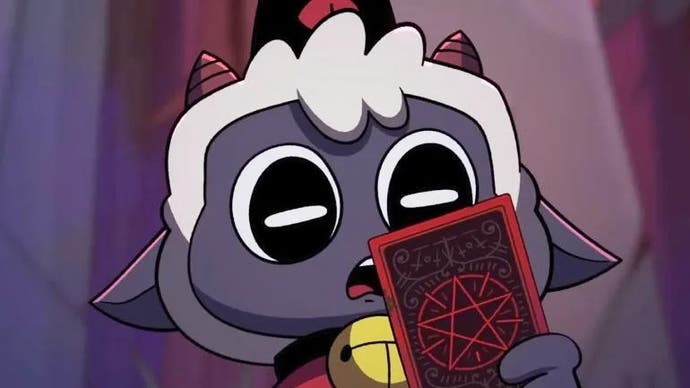Indie developers react to "astonishing scumbag move" of Unity's new install charge
"I f***ing hate it here."
Following yesterday's news that Unity will begin charging per game install, indie developers have taken to social media to make their fury heard.
Unity shared a blog post detailing plans of a new business model where a monthly fee per new game install will be set from 1st January next year. In a statement following the blog post, the game engine creator insisted the change will "only affect a small subset of current Unity Editor users".
However, a huge number of games are built using Unity tools, so the reaction to this change has been met with widespread criticism.
"This decision puts us and countless other studios in a position where we might not be able to justify using Unity for our future titles," reads a statement on social media from AggroCrabGames, the developer behind the forthcoming Another Crab's Treasure.
"If these changes aren't rolled back, we'll be heavily considering abandoning our wealth of Unity expertise we've accumulated over the years and starting from scratch in a new engine. Which is really something we'd rather not do.
"On behalf of the dev community, we're calling on Unity to reverse the latest in a string of shortsighted decisions that seem to prioritise shareholders over their product's actual users."
The statement concluded: "I fucking hate it here".
Among Us developer Innersloth shared the post and added its own statement. "This would harm not only us, but fellow game studios of all budgets and sizes," it wrote. "If this goes through, we'd delay content and features our players actually want to port our game elsewhere (as others are also considering)."
Massive Monster, creator of Cult of the Lamb, shared a typically amusing post including a frog from its game pooping a Unity turd. "Quit being stinky Unity," it said.
"So, what's the impact on us? Well, we have future projects in the pipeline that were initially planned to be developed in Unity. This change would result in significant delays since our team would need to acquire an entirely new skill set.
"At Massive Monster, our mission has been to support and promote new and emerging indie games. The introduction of these fees by Unity could pose significant challenges for aspiring developers."
Tomas Sala, creator of The Falconeer, made a string of posts on social media. "I already committed to their engine for my new game. Put years and years of work into my pipeline. I did so under a simple per seat license I am happy to pay," he said.
"Now while I am close to release they spring something new on me. Not a price increase, a fundamental change in how we do business together.
"I have no options, cannot go back, can only bend and pay up. It's a form of blackmail. It's not dependable. How will they change it two years from now, a decade?"
Tom Francis, who's worked on the likes of Gunpoint, Heat Signature and Tactical Breach Wizards, described Unity's change as "an astonishing scumbag move".
"Not because of how much it shakes out to, but because a partner who can and will change how much of your revenue you owe them after you've made and released your game needs to be avoided like the plague."
Necrosoft Games director Brandon Sheffield, meanwhile, has written a blog post entitled The Death of Unity, in which he uses the breakout success of Vampire Survivor as a key example of the impact on developers.
"Vampire Survivor's edge was their price, now doing something like that is completely unfeasible," he wrote. "Imagine releasing a game for 99 cents under the personal plan, where Steam takes 30 percent off the top for their platform fee, and then unity takes 20 cents per install, and now you're making a maximum of 46 cents on the dollar. As a developer who starts a game under the personal plan, because you're not sure how well it'll do, you're punished, astoundingly so, for being a breakout success."
In our original report, Dan Marshall (creator of Lair of the Clockwork God, The Swindle, and more) told Eurogamer the change was "an absolute fucking catastrophe and I'll be jumping ship to Unreal as soon as I can.
"Most indies simply don't have the resources to deal with these kind of batshit logistics. Publishers are less likely to take on Unity games, because there's now a cost and an overhead."
Since its initial announcement, Unity has since U-turned on some parts of the plan following the backlash.
That includes charging developers only after a user first installs a game. Download fees will also be charged by Unity to subscription service owners rather than developers - so Microsoft, in the case of Xbox Game Pass.


